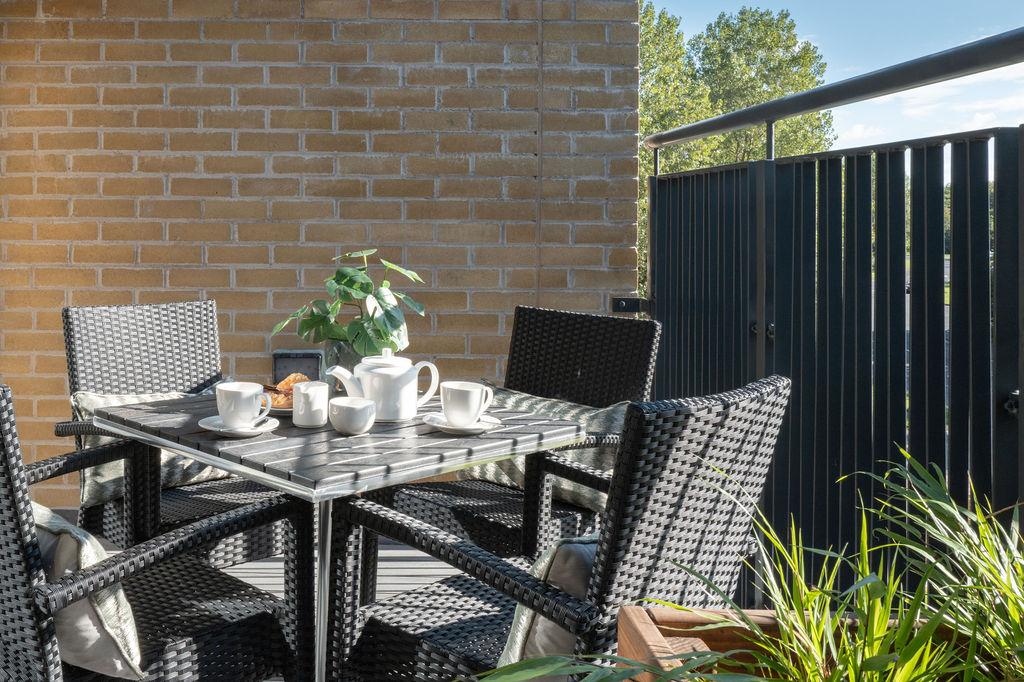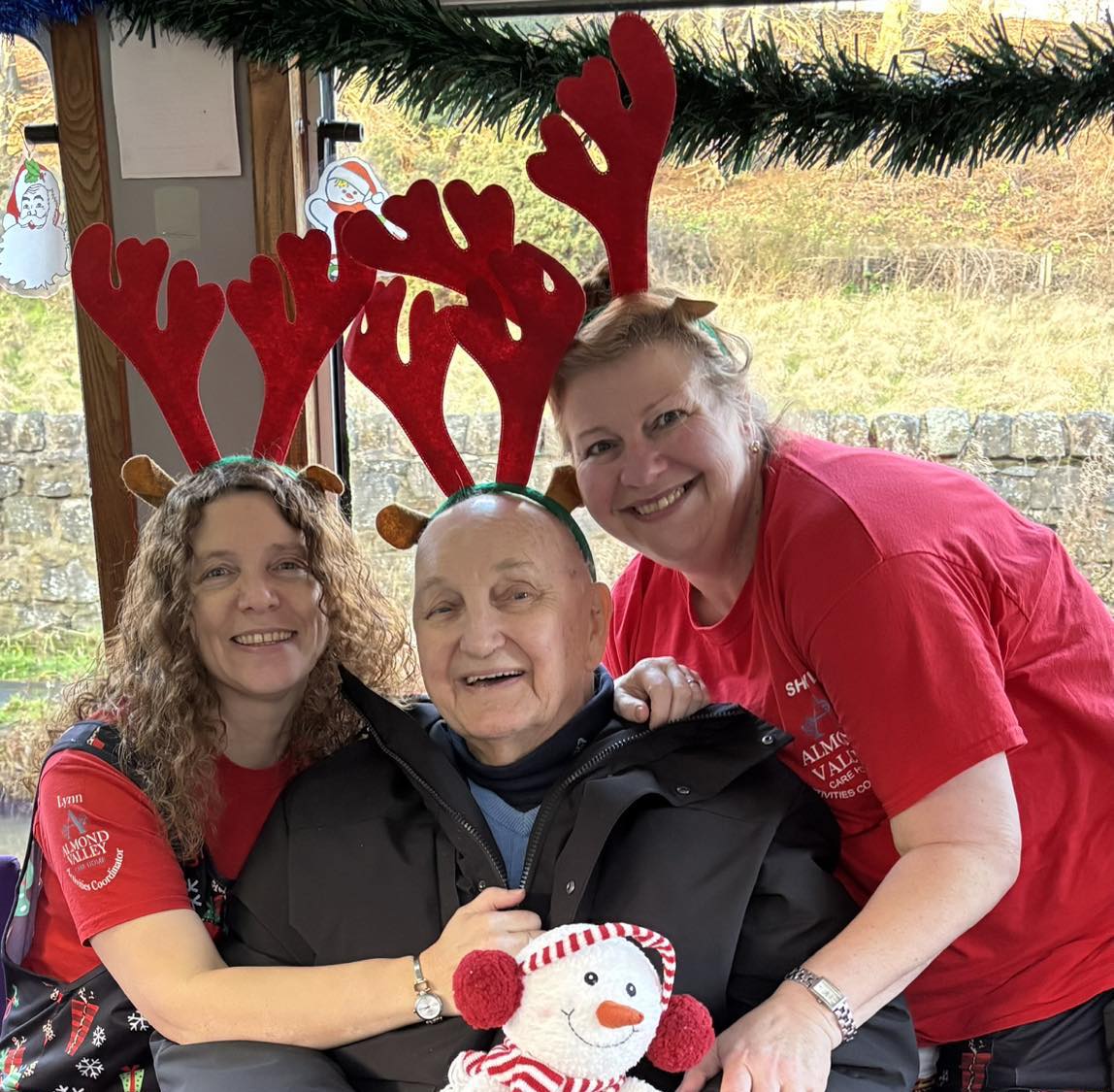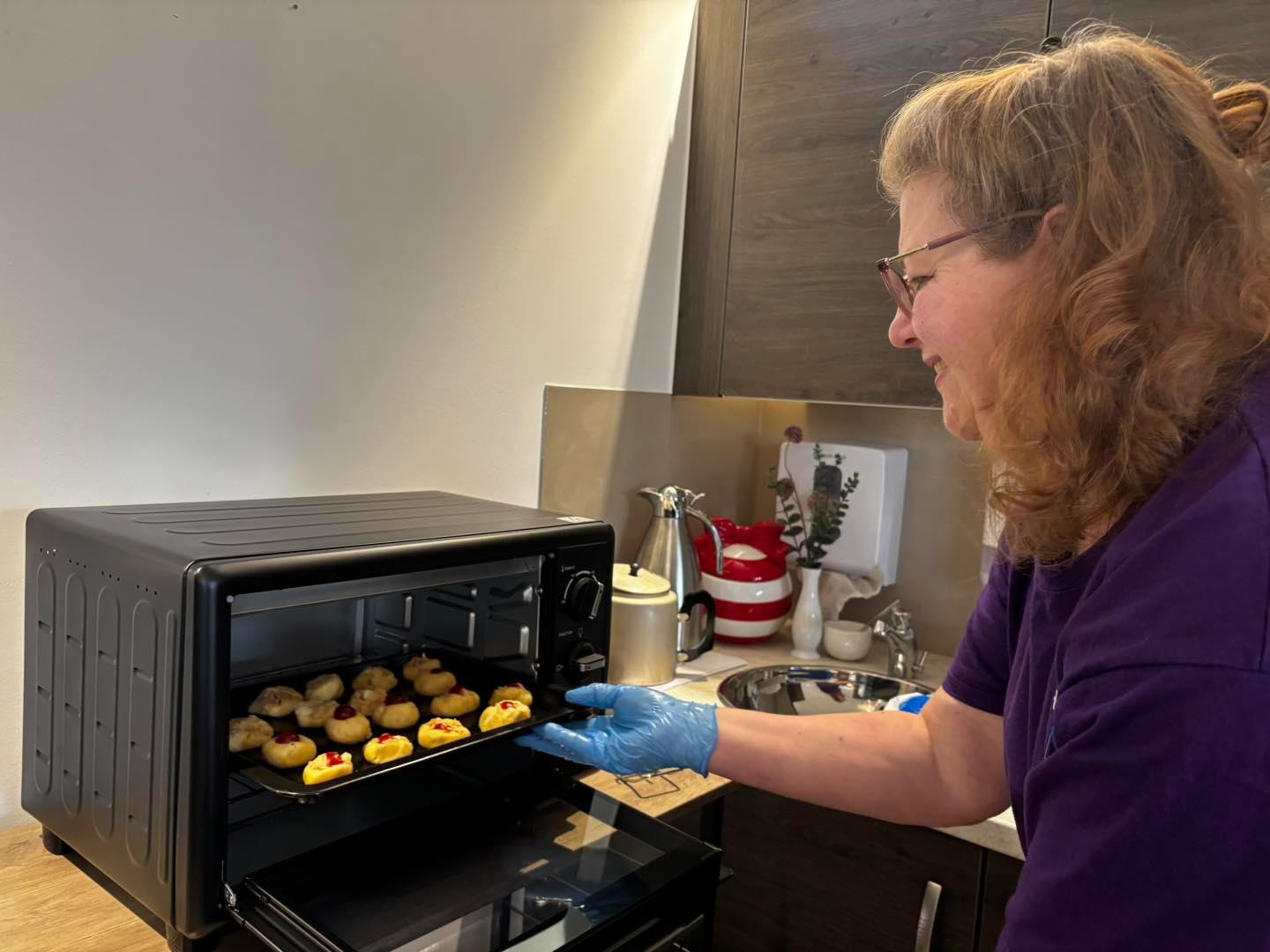How a Personalised Care Plan Supports Your Loved One’s Wellbeing

A carefully developed and personalised care plan can make all the difference in ensuring residents receive care that is appropriate, dignified, and meaningful. Care plans are designed to achieve positive outcomes for each individual, focusing on improving their health and quality of life. Whether you are a family member supporting a loved one through the care planning process, or a healthcare professional preparing to develop a care plan, there are numerous ways to ensure the plan genuinely reflects the individual at its centre.
Understanding the Importance of Personalised Care Planning
When your loved one moves into a care home, you want them to be appreciated as an invividual. A personalised care plan plays a key role in making that happen. It’s a way of ensuring that the care your loved one receives reflects their personality, values, and the life they’ve lived. Good care homes involve residents and their families in shaping these plans. This might include discussing daily routines, favourite foods, hobbies, or how they like to start their morning. These familiar touches help care feel more natural and less clinical. It’s also a way of preserving independence and dignity—reminding your loved one, and everyone involved in their care, that they’re still in control of their life. Professionals also work closely with families to identify and address individual needs through effective support planning, ensuring that each care plan is tailored to meet the specific needs of each individual.
For those receiving nursing or specialist care, personalisation becomes even more important. Small but meaningful details, like when they prefer to take medication or how they feel most comfortable during personal care, can make each day more manageable and respectful. For those living with dementia, these personalised approaches can also help reduce confusion and anxiety, giving staff helpful insight into their past and routines.

Including Personal Preferences and History
When someone moves into care, it can feel like the focus suddenly shifts to health and practical needs. But truly good care begins with understanding the whole person—their story, their relationships, what matters most to them, and their family situation. That’s why we take the time to include each resident’s personal history and preferences in their care plan. It’s not just about what support is needed, but how it’s given.
For families, this is often a comforting step in what can otherwise be a difficult transition. Sharing memories, favourite routines, and meaningful parts of your loved one’s life helps us see the person behind the paperwork. It might be their career as a nurse or builder, their pride in raising a family, or their love of gardening and music. These details help us build a picture of who they are, so that the care we provide reflects that identity. All of these insights are carefully documented in a support plan, ensuring that care is tailored to each individual.
We also pay close attention to the little things, how your loved one likes their meals, what time they usually wake up, what television shows they enjoy, or how they prefer to spend a quiet afternoon. These are the details that make care feel familiar rather than forced. They give structure and comfort, especially for those living with memory loss, and help our team create moments that feel natural and uplifting. What’s more, we encourage families to be part of this process. You often know best what brings your loved one joy or calms them when they’re unsettled. By working together, we can make sure the care plan holds onto the essence of who they are, even as their needs change. This shared knowledge becomes a bridge between home life and care home life, offering continuity in their new phase of life.
The care plan is designed to respect and fulfill your loved one’s wishes, ensuring their preferences and desires are always at the forefront. Your loved one is not just here to be cared for—they are here to live well, with support that honours where they’ve come from and who they continue to be.
Creating a Comprehensive Framework for Daily Care
When someone you love moves into a care home, consistency becomes key to their comfort and wellbeing. A good care plan provides a clear framework for day-to-day life, not just to meet clinical needs, but to make each day feel calm, familiar, and tailored to the individual. This comprehensive care approach ensures that all aspects of your loved one’s wellbeing are considered and supported.
For many residents, especially those adjusting to new surroundings, having their usual routines acknowledged and included in the plan can make a world of difference. Something as simple as knowing they can start their day with a cup of tea in their favourite mug, or that their bedtime routine will be followed just as they like it, can bring reassurance and a sense of normality. These thoughtful touches help ease the transition into care and ensure your loved one still feels very much in control of their own life.
The care plan also helps the whole team work consistently, so that whether it’s their regular keyworker or another member of staff supporting them, the same respectful and familiar approach is used. Staff are able to deliver a range of personalised services and support, ensuring that every aspect of care is tailored to individual needs. It means everyone is working from the same understanding—how your loved one likes to be supported, what helps them feel safe, and what brings them enjoyment. This consistency can be especially helpful for those living with dementia, where familiar rhythms and gentle routines can reduce anxiety and help maintain a sense of stability.
Just as importantly, a comprehensive plan allows flexibility. It adapts to your loved one’s changing needs while still protecting the routines and preferences that matter most, and can accommodate a wide range of activities and personal preferences. Whether it’s how they like their hair styled, the way they prefer their meals served, or the types of activities they enjoy, every detail helps shape a daily life that feels dignified and deeply personal.
This approach helps staff not only provide excellent care but also build meaningful relationships. It’s through these everyday interactions, like helping someone dress in their favourite jumper, knowing just how they like their toast, or remembering a story from their younger years, that care becomes something far more personal than just a routine.
Addressing Health and Wellbeing Needs
Looking after your loved one’s health is a central part of their care plan—but it’s the personal touches that make the real difference. From how medication is given to which routines bring comfort, we shape each plan around what feels familiar and respectful. We empower residents to take an active role in the management of their own health, ensuring they are involved in decisions about their care and wellbeing.
Some residents prefer a quiet moment before taking medicine, or feel more comfortable when supported by the same nurse each day, receiving high-quality nursing care. Others find that staying active, through gentle walks, stretching, or even a bit of gardening, helps them feel more like themselves. These preferences are carefully noted and followed, helping to create a routine that supports both physical and emotional wellbeing.
We also understand that even small details, like using a favourite cup or continuing a skincare routine, can bring calm and reassurance, especially after a hospital stay or health setback. As your loved one’s needs change over time, the plan is regularly reviewed so care continues to feel right for them.


Facilitating Social Connections through Care Planning
Staying connected to others is an important part of anyone’s wellbeing, especially when moving into care. A good care plan helps make sure your loved one continues to enjoy the company of others, whether it’s regular visits from family, chats with staff, or taking part in group activities that suit their interests.
We take time to learn who’s important to each resident and how they like to stay in touch. That might be regular phone calls with family, enjoying Sunday visits with grandchildren, or simply having time set aside for a quiet catch-up over a cup of tea. These preferences are included in the care plan so they’re never overlooked.
Social connections within the home are just as important. Some residents love group activities, while others prefer smaller, more relaxed gatherings. Whether your loved one enjoys quizzes, music afternoons, or a quiet walk with a friend, the care plan helps guide staff in encouraging the right kind of engagement for them. Friends and social networks play a vital role in providing emotional support and encouragement. Residents enjoy a variety of activities that help them engage with others and feel part of a vibrant community.
We also include any personal touches that make visits feel more natural—whether that’s knowing which biscuits to offer when family pops in, or understanding which topics bring a smile to their face. These small gestures help your loved one feel truly at home, surrounded by people who understand and value them.
Incorporating Familiar Approaches and Routines
For many people, it’s the little things that bring comfort, how they start their morning, when they like to eat, or the way they wind down in the evening. When someone moves into care, holding on to these familiar routines can make a big difference in how settled and supported they feel.
That’s why we take time to learn about your loved one’s daily habits and preferences, and include them in their care plan. It might be something as simple as a newspaper at breakfast, a preferred time for a bath, or always having a biscuit with their afternoon tea. These small, familiar touches help each day feel more natural and less like a change.
Keeping to familiar rhythms also offers a strong sense of security, especially for those living with dementia. Patterns like taking a morning walk, having quiet time after lunch, or listening to the radio before bed can help ease anxiety and create a calm, reassuring environment. These routines aren’t just comforting; they’re also meaningful, connecting each resident with the life they’ve lived and the things that continue to bring them joy.
We also encourage conversation around these routines—helping staff and fellow residents learn more about your loved one’s preferences and personality. Whether it sparks a shared interest or just a friendly chat, these everyday moments can build lasting bonds and a true sense of community. Each resident actively participates in shaping their daily routines, ensuring their care is truly personalised and reflective of their individual needs.
Personalised Care at Almond Valley Care Home
Almond Valley Care Home is located in the heart of Livingston, offering a peaceful and welcoming environment. Whether your loved one is joining us for a short stay or making Almond Valley their long-term home, we take great care in listening, understanding, and shaping support around what matters most to them—and to you. Our team’s commitment to delivering high quality nursing care is matched by our modern facilities, designed to ensure comfort, safety, and a premium living environment for all residents. Please get in touch for details of our current room availability or to book a private tour.






